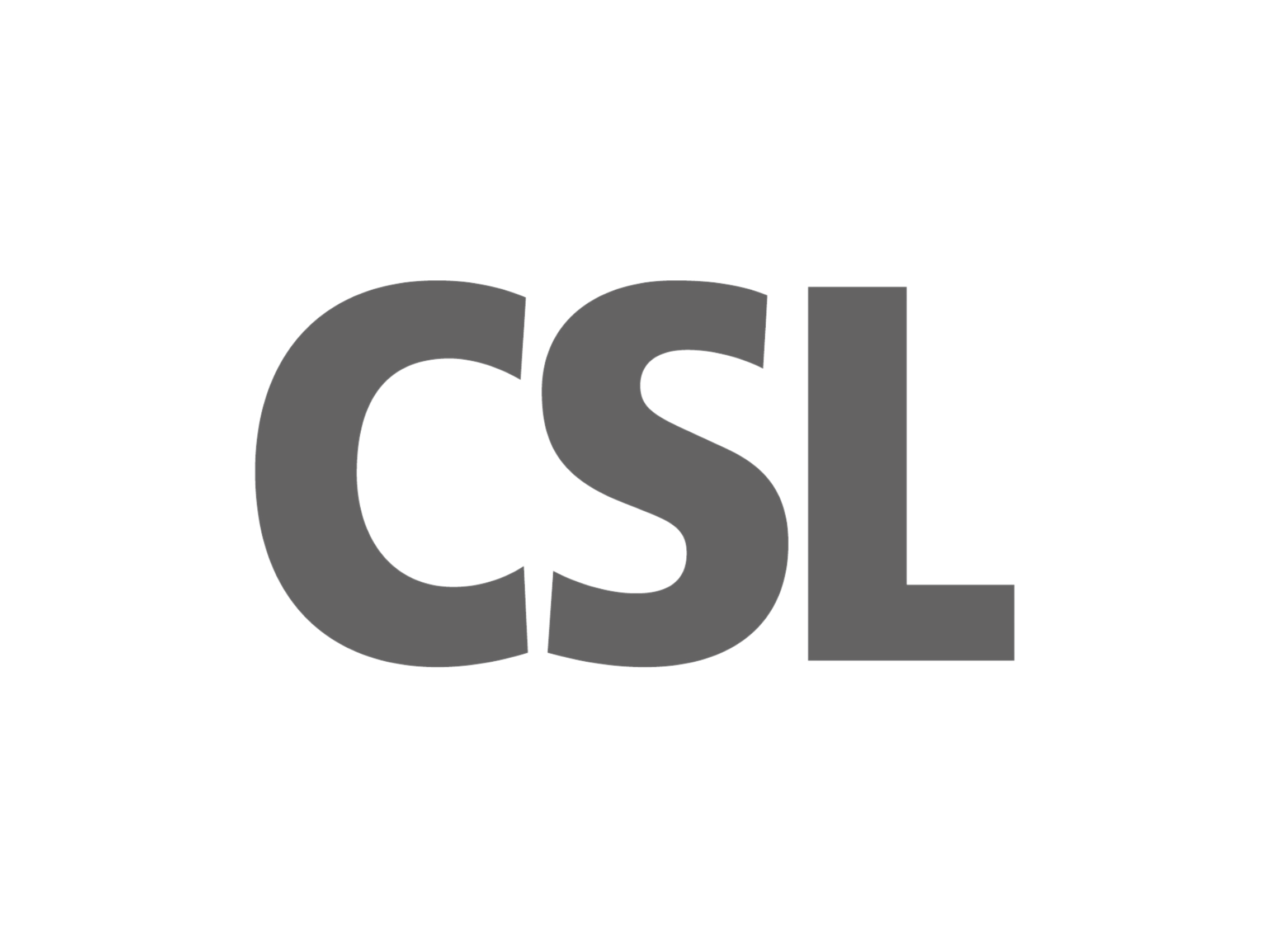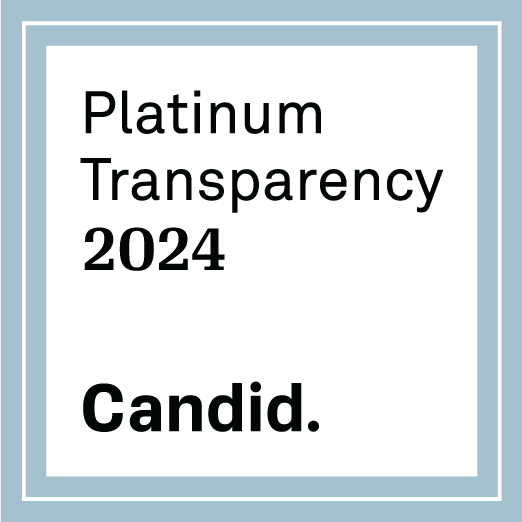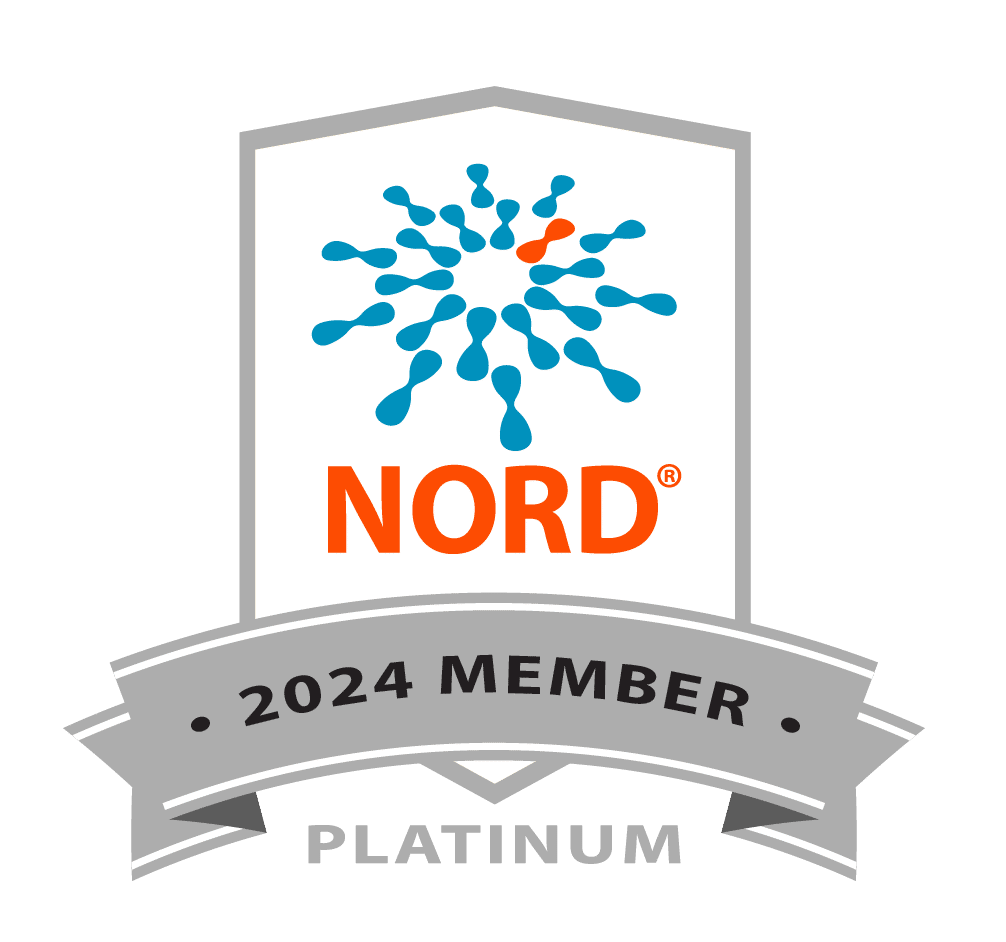Take a deep breath. Feels good, doesn’t it? Now imagine if that breath felt like sucking air through a tiny straw. Now, ask yourself: when was the last time you really thought about breathing? For over one million Floridians living with chronic obstructive pulmonary disease (COPD), this act of breathing is rarely taken for granted.
For me, breathing isn’t just something I do — it’s a conscious effort every waking moment. I often think back to a time when I could take a walk in my neighborhood without thinking twice. Now, I need extra help to exercise or even sleep. I used to be a smoker. I quit at 39, thinking I had avoided the worst of the damage. It wasn’t until I was 45, struggling to walk short distances, that I realized something was wrong. I attributed it all to my smoking and didn’t speak to a doctor until I got really sick at 51. Thankfully, a PA referred me to a very specific pulmonologist who changed my life.
Lung disease affects 30 million Americans, yet only 17 million are diagnosed. It’s also a huge economic burden for Florida. In 2019, medical costs attributable to COPD were $3.1 billion just in Florida, making us the state with the highest economic burden of COPD in the country. Despite all this, COPD is oftentimes undiagnosed, untreated, and unknown.
I have what’s known as Alpha-1 Antitrypsin Deficiency, a genetic condition that predisposes me to COPD. Many Alphas live for years with symptoms before realizing they have a genetic predisposition to COPD. When I was diagnosed, there weren’t any local support groups, so I decided to start one myself. I didn’t know much at the time, but once you jump in, you learn quickly. I became a support leader, speaking to hundreds of people each month about COPD and encouraging them to get tested for Alpha-1. For many, it made a world of difference.
For some, symptoms might creep in gradually; for others breathing gets harder fast. By the time people are diagnosed, the disease has progressed significantly. That’s part of the reason COPD is the sixth-leading cause of death in the United States.
There are ways to manage COPD. Lifestyle changes can help, and pulmonary rehabilitation can be a godsend. Inhalers and medications are crucial, but some also need oxygen therapy or even surgery. Thankfully, we are finding hope with access to treatments.
Clinical trials and new therapies offer hope to millions of Americans living with COPD. They not only help advance medical knowledge but also provide a breath of fresh air for those who have exhausted existing treatments. They also allow the FDA to make decisions about whether a drug should be approved. While not every trial is successful, when they are, we celebrate. We certainly celebrated when, after a seemingly endless pause in medical breakthroughs for COPD, we learned that the FDA approved a new medication this year — the first in over a decade.
Patient voices matter. Doctors, researchers, and policymakers need to hear directly from patients — whether it is Alpha-1, COPD, or another condition. Many people are unaware that there’s a problem until you bring it to them. So, share your story, not only to fix issues, but also to prevent unintended consequences.
If you think you have symptoms, talk to your health-care provider. If you’re interested in clinical trials or new treatments, dive in and explore. And if you’re concerned about bureaucrats and policymakers being out of touch, make your voice heard.
There may not be a cure for COPD, but every step counts. Education puts power in our pockets, and raising awareness during COPD and Alpha-1 Awareness Month strengthens us as a community.
Patty Tew was a coordinator for AlphaNet, a resource for those diagnosed with Alpha-1, until her retirement in 2015. She remains involved with the Alpha-1 Foundation and the COPD Action Alliance.












